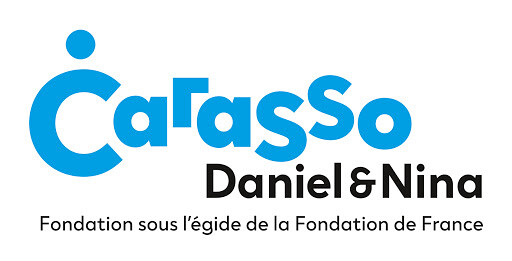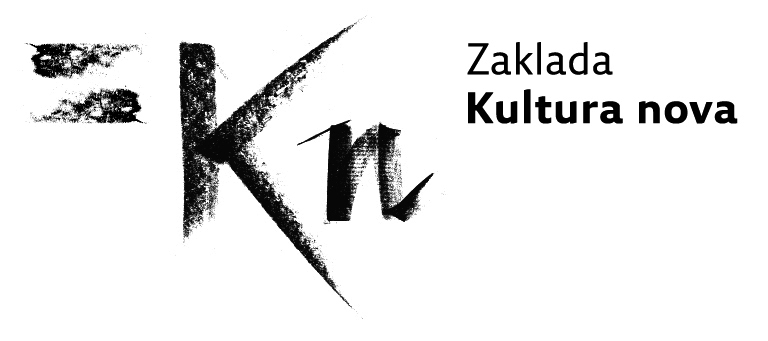Description
Creative Responses to Sustainability is a comprehensive collection of country-specific guides published by the Asia-Europe Foundation (ASEF) on its arts platform, culture360.ASEF.org, since 2015. Each guide offers an insightful overview of pioneering artists and cultural organisations that engage with sustainability in their artistic pursuits. These guides delve into the fundamental approaches, challenges, and emerging trends of integrating sustainability into arts and culture across diverse contexts. They showcase exemplary practices at the intersection of arts and sustainability as adaptable models for various settings. The guides also spotlight arts initiatives, accompanied by an interactive country map featuring linked organisations. Over the period from 2015 to 2021, ASEF has produced eight guides spotlighting the creative responses to sustainability in different nations and cities. The list includes Singapore (2015), Korea (2016), Indonesia (2017), Australia (2018), Portugal (2019), Spain (2019), and the UK (2021). Additionally, a spin-off within this series explored sustainability in the context of Berlin (2017). Diverse experts wrote and researched these guides: Australia and Spain: Claire Wilson; Berlin: Yasmine Ostendorf, Ecologic Institute, Green Art Lab Alliance; Indonesia, Korea and Singapore: Yasmine Ostendorf; Portugal: Ci.CLO Bienal Fotografia do Porto; United Kingdom: Invisible Flock. Collaborative efforts with numerous partners bolstered these expert insights.


